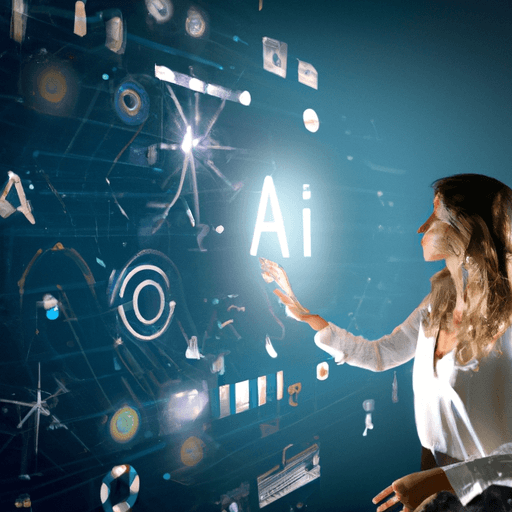The Role and Impact of Artificial Intelligence on Contemporary Business Models
Artificial Intelligence, or AI, continues to reshape the business landscape, redefining the way companies operate and strategy is formulated. Overcoming the barriers of human limitations, businesses are incorporating AI into their models to increase efficiency, reduce errors, and offer unmatched customer experiences. This article delves into the intersection of AI and business, discussing how AI disrupts traditional business models, the industries where AI's influence is most significant, and the potential benefits and drawbacks of integrating AI.
Disruption of Traditional Business Models
Traditional business models are rapidly being disrupted by AI. From manufacturing companies using AI for predictive maintenance to healthcare providers utilizing algorithm-based diagnoses and treatment plans, AI has begun to penetrate every facet of businesses. Traditional business models largely dependent on manual labor and legacy systems are under immense pressure to adapt to this monumental shift or risk being left behind.
Industries Where AI's Influence is Most Apparent
While AI has become integral to almost all industries, its impact is most apparent in sectors such as manufacturing, retail, healthcare and financial services. Manufacturing has seen improved efficiency in production lines with machine learning algorithms. In retail, AI aided by big data has enhanced personalized customer experiences. In healthcare, AI applications are broad, spanning from AI-enabled robotic surgeries to advanced predictive analytics in patient care. And in financial services, AI is deployed for risk analysis, fraud detection, and offering personalized investment advice to clients.
The Potential Benefits and Drawbacks of Integrating AI
AI integration has several benefits including improved efficiency, error reduction, cost savings, and enriched customer experiences. However, the challenges are just as real. High initial set-up costs, cybersecurity threats, job displacement and ethical concerns are some of the key drawbacks that can't be underestimated.
Case Studies of Successful AI Integration
Many businesses have successfully adopted AI in their operative models. Tesla, for instance, uses AI in its autopilot feature. Similarly, Google uses AI algorithms to improve search engine accuracy. Amazon uses AI to offer personalized recommendations to customers based on their past purchases and browsing history.
The Future Role of AI in Business and Potential Ramifications
The future role of AI in business is immense. It is expected to automate processes that are challenging for human-beings and offer smarter solutions for complex situations. On the other side, businesses failing to adapt to AI may face loss of competitive advantage, customer dissatisfaction due to antiquated processes, and reduced profitability as costs rise.
In conclusion, AI holds significant and profound implications for the business world, from influencing strategies to shaping operational modalities. While it is an exciting technology with numerous potential benefits, it is also creating unforeseen ripples in the business landscape, which organizations need to navigate with intelligence, foresight, and agility.



















Comments
Leave a Comment